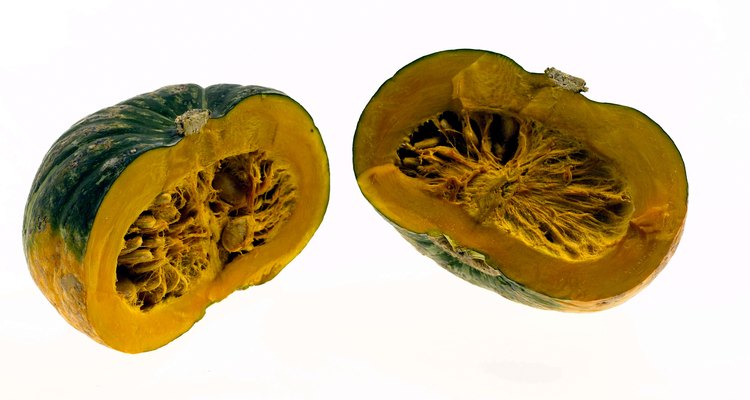
kabocha squash is a type of winter squash. Kabocha has orange flesh that's sweeter, drier and less fibrous than other winter squash. Even so, most winter squash are interchangeable, and if you can't find one of these Japanese squash, several workable substitutions exist. Unlike summer squash, all winter squash must be cooked. Baking, boiling, steaming, microwaving and sauteing all work well. Store winter squash for up to three months in a dry place at around 55 degrees Fahrenheit.
Acorn Squash
Acorn squash are one of the more common types of winter squash. They take their name from their acorn-like shape. They're small -- 1 to 2 lbs. and 6 inches around, on average -- so you might need two when substituting these for kabocha squash. It's relatively sweet like the kabocha, so it makes a good alternative from a flavor standpoint. This type of winter squash is particularly well-suited to baking. Look for acorn squash that have mostly green rinds.
Banana Squash
banana squash are so large -- up to 20 inches long and weighing about 12 lbs. -- that they're usually sold in pieces. Their creamy texture is a good match to the relatively fiber-free texture of kabocha squash. The flesh of banana squash has an attractive golden hue that adds to the presentation of any appropriate dish. It adds a slightly more fruity flavor than you get from kabocha. Enhance its sweetness by steaming.
Buttercup Squash
Buttercup squash is an excellent alternative to kabocha squash, sharing many of the same qualities. The coloration of their flesh is basically the same, and the buttercup squash is also a dry and sweet variety. These are usually about 7 inches in diameter and 2 to 4 lbs. Butternut squash works best as a substitute in recipes that call for baking or steaming the squash. Choose a buttercup squash that feels heavy for its size.
Butternut Squash
Butternut squash looks like an elongated bell. On average, it weighs 2 to 4 lbs. While it's nearly as sweet as kabocha squash, butternut squash is considerably more moist. When substituting this variety in a baked dish, reduce a liquid in your recipe just a little bit. These squash are a popular variety because they have a thin skin that's easy to peel, unlike the tough rinds on most winter squash. Select butternut squash with the most orange rind you see, because it will be the sweetest and therefore the best one to substitute for kabocha squash.
Spaghetti Squash
Spaghetti squash is a decent substitute for kabocha squash if the shape and appearance aren't important to the recipe you're preparing. While spaghetti squash has a mild but sweet flavor that makes for a good alternative, the squash separates into crisp, spaghetti-like strands during cooking. This means you won't have solid chunks of squash, as you would with kabocha. Spaghetti squash is oval, about 9 inches long and typically weighing 2 to 4 lbs. Choose spaghetti squash with a very yellow rind.
Related Articles

Can You Substitute Asian Eggplant for ...
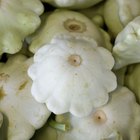
How to Prepare Peter Pan Squash

How to Julienne Jicama
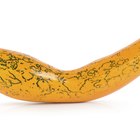
What Is the Difference Between Yellow ...
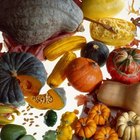
Differences in Acorn & Butternut Squash
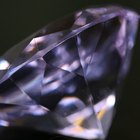
Cubic Zirconia Vs. White Spinel
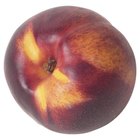
How to Bake Nectarines Like Peaches
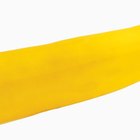
What Is Yellow Zucchini?

Breading and Batter for Deep-Fried ...

How to Make Pumpkin Muffins

Types of Plaids
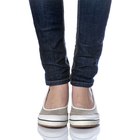
What Kind of Jeans Are Tight at the ...
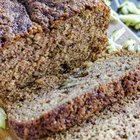
Can I Replace Squash in Zucchini Bread?

What Color of Blouse to Wear With a ...

Red Wines That are Considered Dry

How to Measure Board Shorts
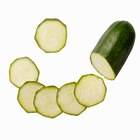
How to Cook Zuccini & Squash in a ...

What Color Shoes and Accessories Would ...
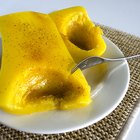
How to Cook Buttercup Squash

What Are Twill Pants?
References
Writer Bio
Eric Mohrman is a food and drink, travel, and lifestyle writer living in Orlando, Florida. He has professional experience to complement his love of cooking and eating, having worked for 10 years both front- and back-of-house in casual and fine dining restaurants. He has written print and web pieces on food and drink topics for Visit Florida, Orlando Style Magazine, CrushBrew Magazine, Agent Magazine, Dollar Stretcher Magazine, The 863 Magazine and other publications.
Photo Credits
Jupiterimages/Photos.com/Getty Images